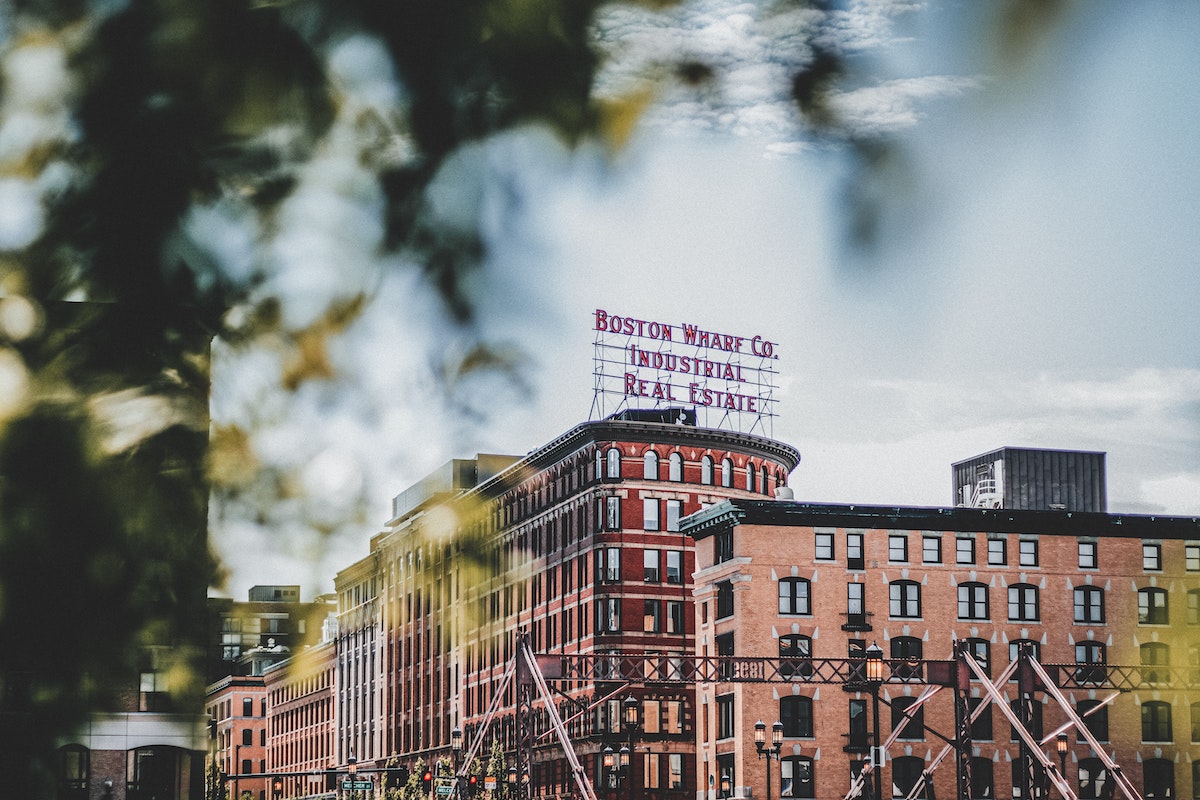If you’re debating between living in Chicago or Boston, or you’re planning on relocating from Boston to Chicago, it’s important to understand Boston inflation and how it compares to the Windy City.
Boston Inflation
According to research conducted by Beacon Hill Institute, the inflation rate in Massachusetts is outpacing the country in several key categories, including gas, used vehicles, and electricity.
Those living in Boston can attest to the climbing costs. The U.S. Bureau of Labor Statistics indicates that prices in Boston, Massachusetts are seven percent higher in 2022 compared to 2021. That’s a $1.40 difference in value. This is a historic rise, partly attributed to growing housing and motor vehicle costs.
Consumers are finding that while almost all categories are increasing in price, gas, used vehicles, and electricity in the state are higher in Massachusetts than in many other places around the nation.
When it comes to cities with the fasting climbing inflation rates, recent findings rank Boston as number 13. Other cities finding themselves higher on the list include Phoenix, Miami, Atlanta, and Seattle.
So, how does Boston’s inflation stack up against Chicago’s?
Boston vs Chicago Inflation
While the Windy City has not been immune from the effects of inflation, the impact has not been as severe. Currently, Chicago is 20th on the list of highest inflation rates.
The overall cost of living is still around 26 percent higher in Boston than in Chicago. But let’s break it down a bit, starting with the cost of owning a home.
In 2022 the median price for a home for sale in Boston is $780,000, with a 3.6% year-over-year increase, while the median sales price for a Chicago home is $352,000, with a 0.7% increase over the previous year.
At the beginning of 2022, mortgage rates in Massachuchettes averaged around 3 percent. Over the past year, the average climbed four percent. In the last quarter, the average homebuyer would expect to pay around seven percent interest on a home loan. That four percent jump has greatly impacted the cost of owning a home, limiting who can afford to buy.
While mortgage rates are comparable in Chicago and access the nation, the price tag for other homeowners and living expenses are currently higher in Boston than in Chicago.
Fees such as property taxes and homeowner association will cost more for homes in the Boston area compared to those in the Chicagoland area.
Additionally, Boston residents can expect to pay roughly seven percent more on food, two percent more on transportation, 13 percent more on entertainment, and eight percent more on healthcare than if they lived in Chicago.
Consider Chicago living if you want to avoid the aggressive Boston interest rates and give your bank account a break. This magical city is comparable to Boston, offering phenomenal attractions, dining, housing, and lakefront wonder.
Whether you are definitely or tentatively relocating to Chicago, let our team of experienced brokers help you find your dream home.
Interested in learning more about the inflation effects on other U.S. cities? Follow the link below!






